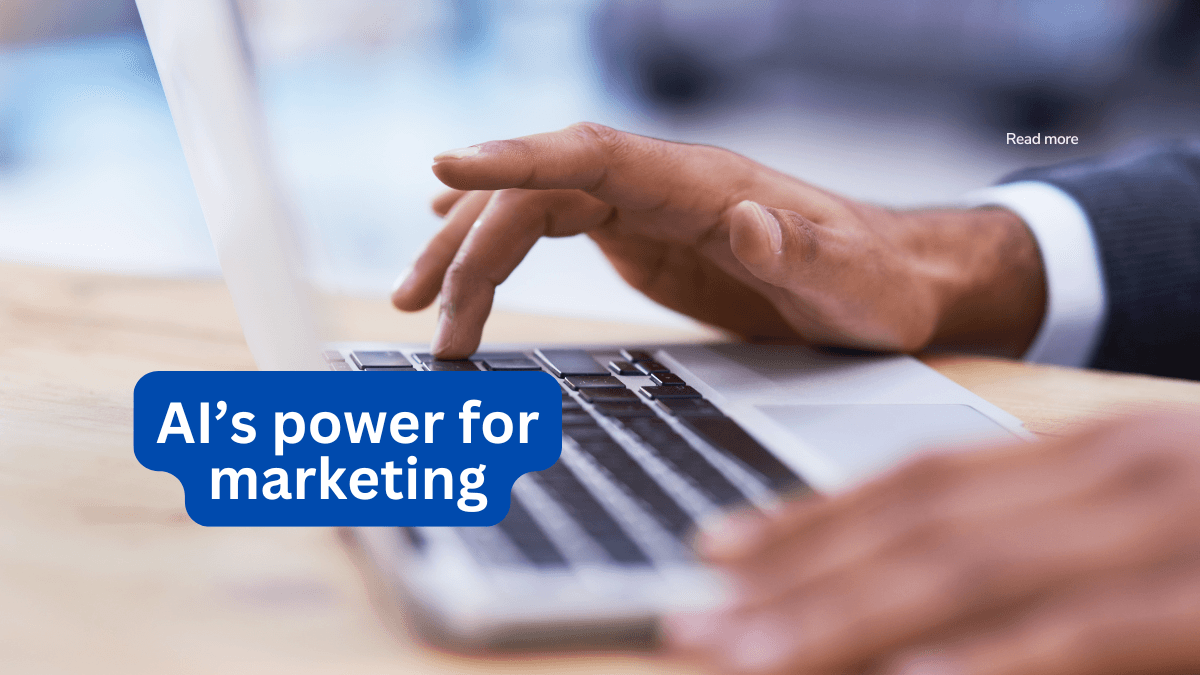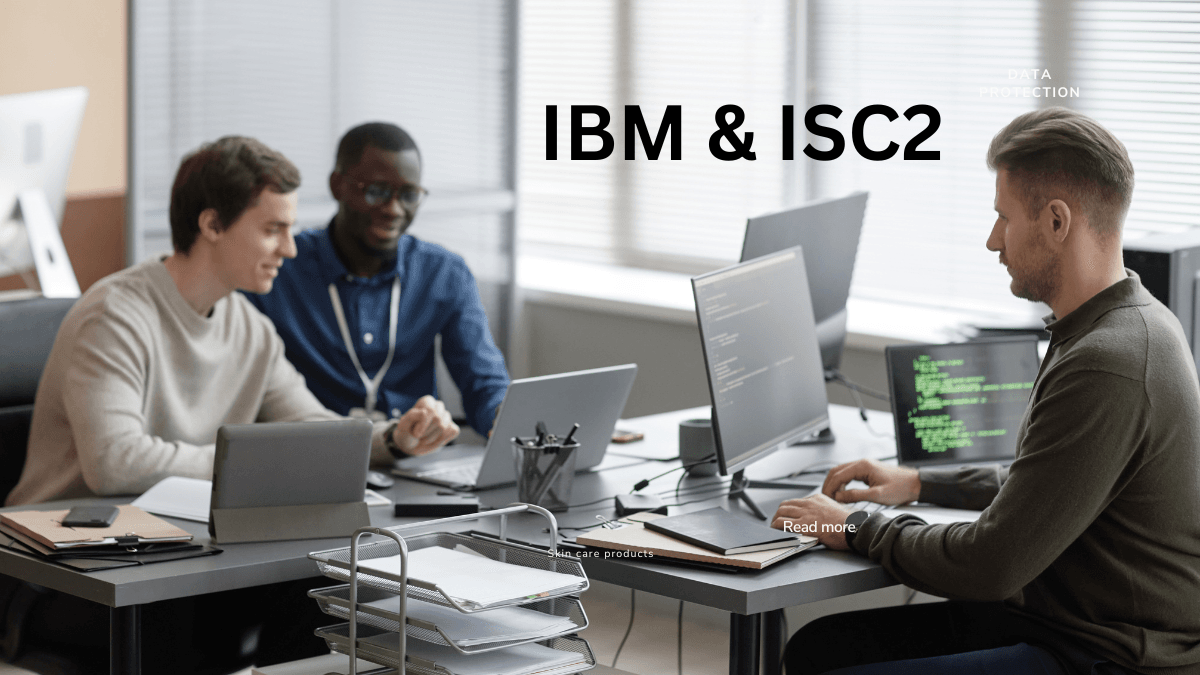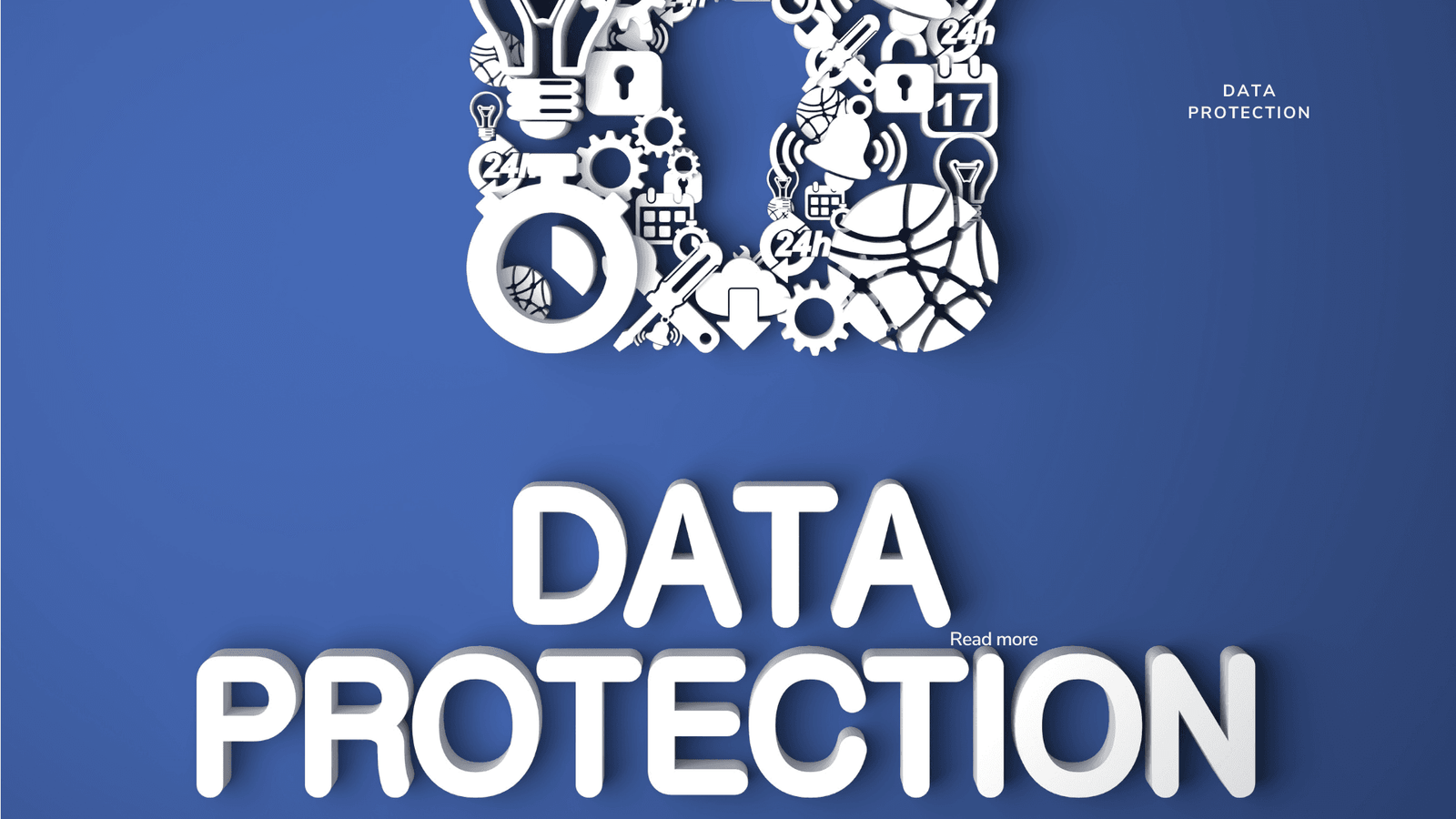Introduction In the modern era of cloud computing, software architecture plays a crucial role in enabling organizations to leverage the full potential of the cloud. With the increasing adoption of…
The Intersection of Artificial Intelligence and Healthcare

Discover how artificial intelligence (AI) is revolutionizing the field of healthcare.
Explore the applications of AI in diagnostics, treatment planning, drug discovery, remote patient monitoring, and healthcare administration.
Learn about the benefits of AI in improving patient care and outcomes.
Ensure the ethical development and implementation of AI technologies for patient privacy and data security. The future of healthcare is shaped by the integration of AI.

Introduction
The field of healthcare has always been at the forefront of technological advancements, and one of the most exciting developments in recent years is the integration of artificial intelligence (AI) into healthcare systems.
AI has the potential to revolutionize healthcare by improving diagnostics, treatment plans, and patient outcomes.
In this blog post, we will explore the intersection of AI and healthcare and delve into the various applications and benefits it offers.
1. AI in Diagnostics
Accurate and timely diagnosis is crucial for effective treatment. AI algorithms can analyze vast amounts of medical data, including patient records, lab results, and medical images, to assist healthcare professionals in making accurate diagnoses.
For example, AI-powered systems can analyze medical images such as X-rays, MRIs, and CT scans to detect abnormalities or identify early signs of diseases like cancer.
These algorithms can quickly process and interpret medical images, providing healthcare providers with valuable insights and reducing the chances of misdiagnosis.

2. AI in Treatment Planning
Once a diagnosis is made, AI can assist in creating personalized treatment plans for patients.
By analyzing large datasets of patient information and medical research, AI algorithms can recommend the most effective treatment options based on individual patient characteristics.
This can help healthcare providers make informed decisions about treatment protocols, medication dosages, and potential side effects.
AI can also monitor patients’ responses to treatment and make real-time adjustments, ensuring optimal outcomes.
3. AI in Drug Discovery
Developing new drugs is a complex and time-consuming process. AI can significantly accelerate drug discovery by analyzing vast amounts of biological and chemical data.
Machine learning algorithms can identify patterns and relationships in large datasets, helping researchers identify potential drug candidates and predict their efficacy.
This can save years of research and development time and lead to the discovery of new treatments for various diseases.
4. AI in Remote Patient Monitoring
Remote patient monitoring is a growing field that allows healthcare providers to monitor patients’ health outside of traditional healthcare settings.
AI-powered devices can collect and analyze patient data, such as vital signs and activity levels, in real-time.
This enables healthcare providers to detect early signs of deterioration or changes in a patient’s condition and intervene promptly.
Remote patient monitoring can improve patient outcomes, reduce hospital readmissions, and enhance the overall quality of care.

5. AI in Healthcare Administration
AI has the potential to streamline healthcare administration tasks, reducing administrative burdens and improving efficiency.
Natural language processing algorithms can analyze and extract relevant information from medical records, enabling faster and more accurate coding and billing.
AI-powered chatbots can also assist patients in scheduling appointments, answering common questions, and providing basic medical advice, freeing up healthcare professionals’ time for more complex tasks.
Conclusion
The integration of AI into healthcare systems holds immense potential for improving patient care and outcomes.
From diagnostics to treatment planning, drug discovery, remote patient monitoring, and healthcare administration, AI offers numerous benefits.
However, it is important to ensure that AI technologies are developed and implemented ethically and with patient privacy and data security in mind.
As AI continues to advance, it will undoubtedly play a significant role in shaping the future of healthcare.

https://itexamsusa.blogspot.com/2023/12/a-comprehensive-guide-to-machine.html
https://itexamsusa.blogspot.com/2023/10/exam-dp-203-data-engineering-on.html
https://itexamsusa.blogspot.com/2023/10/ccnp-enterprise-advanced-routing-enarsi.html
https://itexamsusa.blogspot.com/2023/10/comptia-project-pk0-005-cert-guide.html
https://itexamsusa.blogspot.com/2023/09/spring-framework-5-to-build-end-to-end.html
https://itexamsusa.blogspot.com/2023/08/how-to-become-blockchain-developer.html
https://itexamsusa.blogspot.com/2023/07/ultimate-blogging-tips-for-beginners.html
https://itexamsusa.blogspot.com/2023/07/cisco-bandwidth-vs-clock-rate-and-speed.html
































